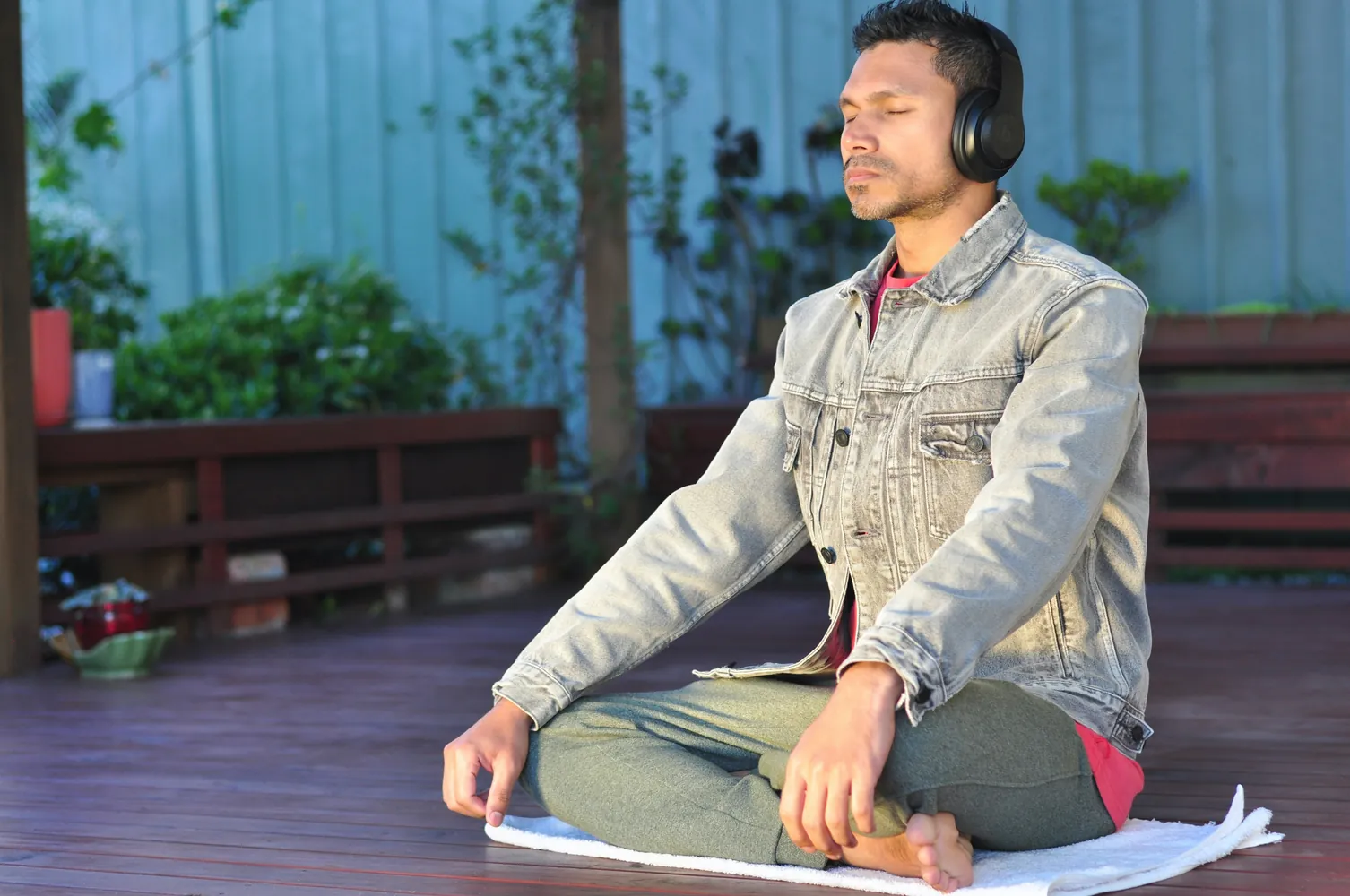Enhancing Daily Life: Five Mindfulness Practices You Can Start Today

Embracing Mindfulness in Everyday Life
In the hustle and bustle of modern life, finding moments of peace can seem challenging. However, integrating mindfulness into your daily routine doesn't require a complete overhaul. Instead, it involves small adjustments that can lead to significant improvements in mental and emotional well-being. Here are five practical mindfulness practices you can start today to enhance your daily life.
1. Cultivating Awareness: Being Present in the Moment
Awareness is the cornerstone of mindfulness. It involves paying attention to the present moment without judgment. Consider starting your day with a brief morning ritual where you focus on the sounds, sights, and sensations around you as you sip your coffee or tea. This practice is about embracing each moment as it comes and appreciating it for what it is.
Example: Try this exercise: sit quietly for five minutes, observing your surroundings. Notice the way sunlight filters through the curtains, the chirping of birds outside, or even the gentle hum of a fan. Allow yourself to experience these sensations fully without rushing through them. This simple act can set a positive tone for the rest of your day.
2. Breath Focus: Anchoring Your Thoughts
Our breath is a powerful tool for grounding ourselves. Focusing on your breath helps anchor wandering thoughts and brings a sense of calmness. Whenever you feel overwhelmed, take a moment to focus on your breathing.
A practical technique is the 4-7-8 breathing method: breathe in through your nose for four seconds, hold your breath for seven seconds, then exhale slowly through your mouth for eight seconds. Repeat this cycle three times. Not only does this help calm anxiety, but it's also beneficial for improving concentration.
Incorporate breath focus into different parts of your day – perhaps during a commute, while waiting for an appointment, or even during a lunch break.
3. Sensory Engagement: Heightening Your Experience
Engaging your senses is another effective way to practice mindfulness. This involves deliberately focusing on sensory experiences to anchor you in the present moment. Whether you're eating, walking, or even doing household chores, pay attention to the sensations involved.
Example: The next time you're having a meal, take time to notice the textures, flavors, and aromas of your food. Chew slowly and savor each bite, recognizing how often we eat on autopilot without truly enjoying our food.
- Sight: Observe the colors and shapes around you.
- Sound: Listen to ambient sounds or music.
- Touch: Feel the texture of objects or fabric.
- Taste: Enjoy diverse flavors mindfully.
- Smell: Notice different scents in your environment.
This practice can transform routine activities into rich sensory experiences that contribute to overall well-being.
4. Gratitude Journaling: Finding Joy in Simplicity
Gratitude journaling is a straightforward yet profound practice that shifts your focus from what's lacking to what you appreciate in life. Spend a few minutes each day writing down things you're grateful for, whether they're significant achievements or small joys like a sunny day or a kind word from a stranger.
This exercise encourages a positive mindset and reduces stress by helping you see beyond daily challenges and acknowledge life's blessings. Try maintaining a gratitude journal by writing three things you're thankful for each night before bed.
Over time, this habit cultivates an attitude of appreciation and positivity that can have lasting impacts on mental health.
5. Regular Reflection: Understanding Personal Growth
Reflection is essential for recognizing personal growth and areas that need attention. Setting aside regular time to reflect on your thoughts and feelings helps identify patterns and triggers in your behavior.
A practical approach is to end each day with a brief reflection session. Ask yourself questions like: What did I learn today? How did I respond to challenges? What can I improve tomorrow? These reflections not only promote self-awareness but also empower you to make conscious choices moving forward.
You might consider keeping a reflection journal where you jot down insights and lessons learned over time. This creates a valuable resource for tracking progress and celebrating achievements.
Conclusion: Building a Mindful Routine
Mindfulness practices don't demand significant changes; they fit seamlessly into everyday activities, enhancing quality of life through conscious awareness. Start by integrating one or two practices from this framework – maybe awareness during morning coffee or breath focus when feeling stressed. Gradually expand until all five practices become part of your daily routine.
The journey towards mindfulness is personal and unique for everyone, yet its benefits are universally impactful – from reducing anxiety and depression symptoms to boosting emotional resilience and overall happiness.
By making mindfulness part of your life, you foster an environment where well-being thrives naturally amid daily pressures – enhancing not just your own life but also influencing those around you positively.